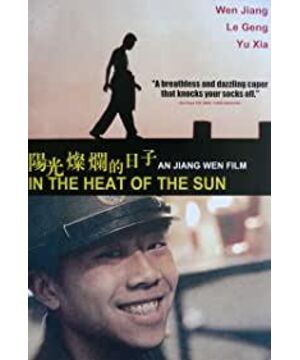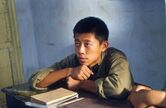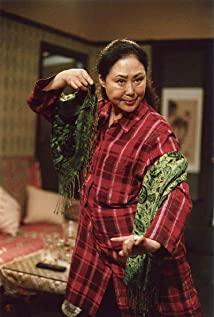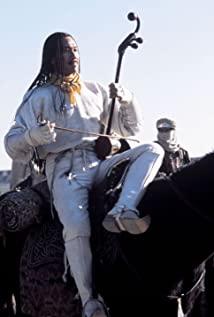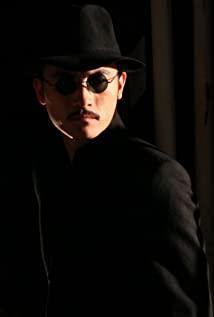Whether it is Jiang Wen or Wang Shuo, this adolescence is not ours, it belongs to our parents. We will never understand the pleasure of riding a bicycle around the city with our buddies after school; we will never understand the pleasure of riding a bicycle to the entrance of the alley, blocking the gang fights; The pleasure of watching a movie (very toxic)...
Of course, the difference in form can hardly shake the similarity in essence. Facing the girl we love and being close to others, we who were ignorant back then were not the same as Ma Xiaojun: we used bullying to express our hazy love. "Why are you running on me all the time? What do you mean? Do you hate me a little bit?" We shouted from our hearts, I like you, but we would still arrogantly say to her: "How about hate? What about not hate? Get out!" But in the end, all of this is just our fantasy, our wishful youthful impulse. This seemingly beautiful love will never bear fruit, it will only become a footnote of youth, which has been buried in a corner of our minds.
If the swimming pool key with rubber bands on Milan's feet is understood as the impulse of adolescence, then before the end of the film, Xiao Jun's diving process is a symbol of "I" getting rid of the ferocity of animals and entering the adult world. When we grow up, we are like a small army in the water that is difficult to release, and it is difficult to surface. There are social pressures and adult depressions that are difficult to resolve.
Although the adolescence described in the film does not belong to us, we have also lived through that sunny day.
View more about In the Heat of the Sun reviews


